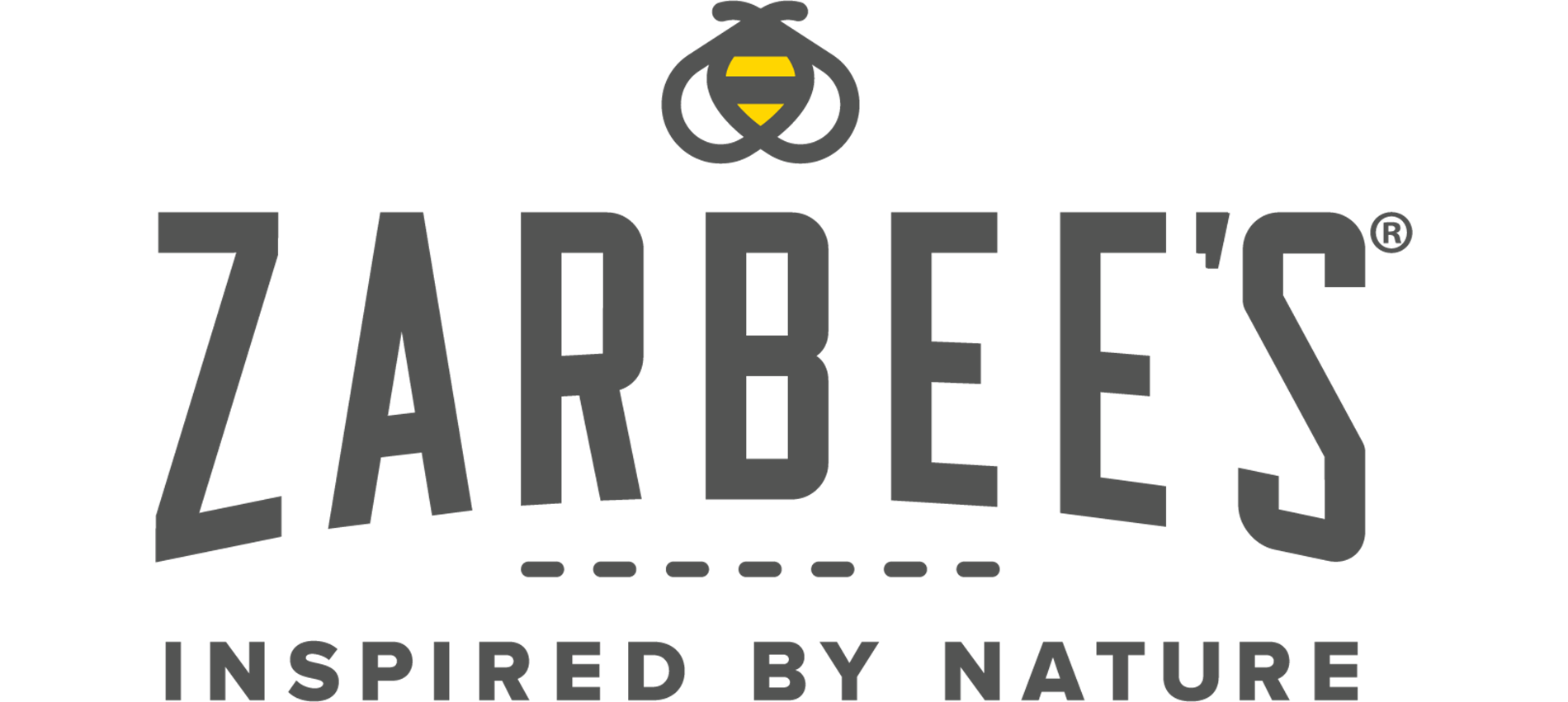Ever wonder if your baby is getting all the vitamins and nutrients she needs for healthy growth? What do the experts recommend? Do breastfed babies need a supplement? What about when baby begins to eat solids? There's a lot of information out there and we're here to make it easy for you to get answers. Babies will get most - but not all - of the vitamins they need from breast milk or formula. Breastfed babies will require vitamin D supplements. Learn why Vitamin D is important for infants.
We've been busy gathering the facts from trusted sources like the American Academy of Pediatrics and the NIH. Of course, if you need a little extra support when it comes to supplements, its a good idea to speak to your Doctor. Here's to good health in your hive.

What Vitamin A is Known for:
For growth, healthy skin, tissue repair, immunity and vision
Daily Recommendations (Based on NIH Guidelines):
1 to 3 years—300 mcg
Natural Sources & Supplements:
Foods: Dairy, fish, poultry and meat including liver, sweet potatoes, carrots, squash, cantaloupe, oranges, mango, apricots, green vegetables, fortified cereals, pumpkin, yogurt
Did You Know?
The type of vitamin A found in animal-based foods is retinol. The type found in fruits and vegetables is A-carotenoid (Ex. Beta-carotene)

What Vitamin K is Known for:
Important for blood clotting and healthy bones.
Daily Recommendations (Based on NIH Guidelines):
A 0.5 or 1 mg single dose injection at birth depending upon infant’s weight
Natural Sources & Supplements:
Foods: Green leafy vegetables (kale, spinach, turnips). Also brussels sprouts, broccoli, cauliflower, fish, liver, meat, eggs, fortified cereals
Recommended by the AAP as 1-time injection for newborns at birth.
Did You Know?
Babies are born with very little vitamin K. The AAP recommends a single dose of vitamin K injection for newborns to help with clotting.

What Vitamin B12 is Known for:
Supports healthy nerve and blood cells and provides energy.
Daily Recommendations (Based on NIH Guidelines):
0 to 6 months - 0.4 mcg
7-12 months - 0.5 mcg
Natural Sources & Supplements:
Foods: Fish, meat, poultry, eggs, milk/milk products, fortified breakfast cereals, whole grains. Supplements:
Recommended by the AAP for breastfeeding moms who are vegan
Did You Know?
Vitamin B12 is generally not found in plant foods and vegan and vegetarian diets are at higher risk for deficiency.

What Zinc Known for:
Supports growth and the development and healthy function of the immune system.
Daily Recommendations (Based on NIH Guidelines):
7 to 12 months—3 mg
1 to 3 years—3 mg
Natural Sources & Supplements:
Foods: Beef, pork, chicken, shellfish, fortified cereals, cashews, chickpeas, nuts, lentils, red meat, fish
Did You Know?
According to the AAP and NIH, zinc intake is especially important between 6 and 9 months.

What Vitamin E is Known for:
A powerful antioxidant that plays a role in neurodevelopment and cognition.
Daily Recommendations (Based on NIH Guidelines):
0 to 6 months—4 mg
7 to 12 months—5 mg
1 to 3 years— 6 mg
Natural Sources & Supplements:
Foods: Plant-based oils, nuts, seeds, fruits and vegetables, wheat germ oil, soybean oil, almonds, peanuts/peanut butter, beet greens, spinach, pumpkin.
Did You Know?
Women who are breastfeeding should increase their vitamin E to 19 mg per day (NIH/IOM).

What Vitamin D is Known for:
Helps the body absorb calcium and phosphorus essential for building strong bones and teeth.
Daily Recommendations (Based on NIH Guidelines):
Supplement for breastfed babies <1 year old = 10 mcg, over 1 year = 15 mcg
Natural Sources & Supplements:
Foods: Fortified dairy products and plant-based milks, oily fish (salmon, tuna, trout) beef, liver, egg yolks
Liquid Supplements: Recommended by the AAP for babies who are breastfed.
Did You Know?
The AAP recommends breastfed babies take D supplements as breast milk does not provide adequate levels of D.

What Vitamin C is Known for:
Strengthens connective tissues, muscles and skin. Helps with bone and skin healing. It is an important antioxidant that protects cells from free radicals. Contributes to immune defense.
Daily Recommendations (Based on NIH Guidelines):
0 to 6 months—40 mg.
7 0 12 months—50 mg.
1 to 3 years—15 mg.
Natural Sources & Supplements:
Foods: Citrus fruits, strawberries, tomatoes, potatoes, brussels sprouts, spinach, broccoli.
Did You Know?
Vitamin C is also called ascorbic acid. It’s important for toddlers to help iron get absorbed into the body from the digestive tract.

What Iron is Known for:
Helps transport oxygen throughout the body.
Daily Recommendations (Based on NIH Guidelines):
The AAP recommends breastfed infants get 1 mg/day of a liquid iron supplement starting at 4 to 6 months. Teens need 3 to 4 servings of iron-rich foods a day
Natural Sources & Supplements:
Foods: Fortified cereals, meats, fish, beans, green vegetables. Iron-rich foods for babies 6+ months: soybeans, lentils, spinach, garbanzo and navy beans, swiss chard, kidney beans, tofu, black beans, beef and eggs
Supplements: Breast milk is low in iron. The AAP recommends a liquid supplement for breastfed babies from 4 to 6 months.
Did You Know?
Iron intake is especially important between 6 to 9 months. Breast milk is low in iron. Breastfed babies may need a supplement at 4 to 6 months (NIH/IOM).

What Calcium is Known for:
Healthy bone development.
Daily Recommendations (Based on NIH Guidelines):
7 to 12 months—260 mg
1 to 3 years—700 mg
Natural Sources & Supplements:
Foods: Milk, cheese, yogurt, sardines, salmon, broccoli, spinach, kale
Did You Know?
Vitamin D is needed to absorb calcium which your skin naturally produces when exposed to the sun. However, babies should not be exposed to direct sunlight and people with darker skin may require supplements.

What Fluoride is Known for:
Strengthens teeth and helps prevent tooth decay.
Daily Recommendations (Based on NIH Guidelines):
The AAP recommends drinking water should contain 0.7 mg per liter and if baby drinks water, she won’t need additional fluoride.
Natural Sources & Supplements:
Foods: Naturally found in raisins, grape juice, cooked oatmeal
Available in: Fluoridated drinking water, most toothpaste
Note: If your drinking water is not fluoridated, speak to your pediatrician for supplement recommendations.
Did You Know?
As soon as baby teeth start to appear, you can use a small amount (size of a grain of rice) of fluoridated toothpaste twice a day. Increase to a pea size amount at age 3.





